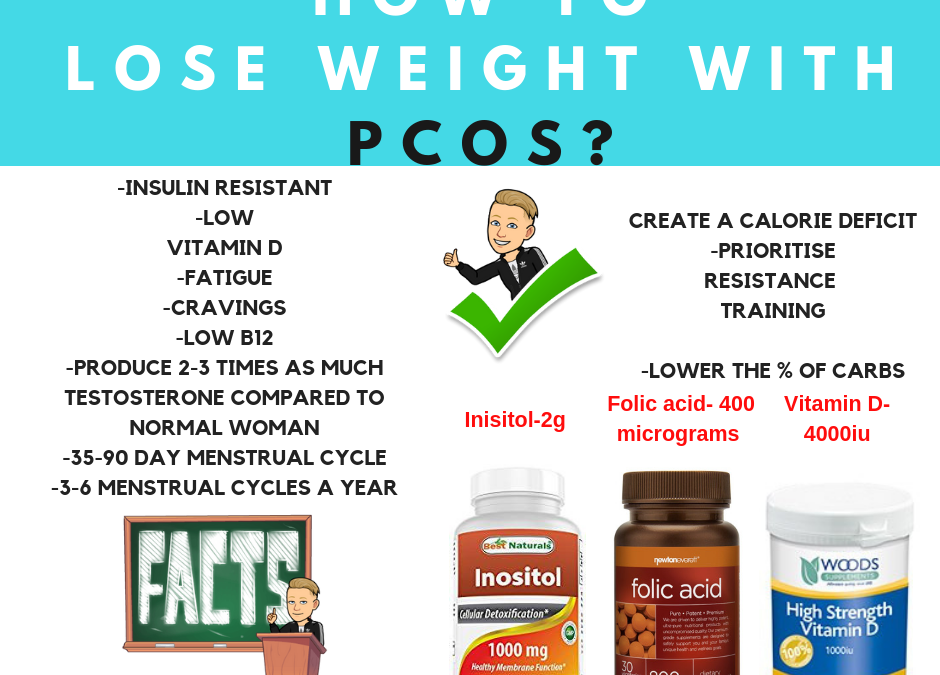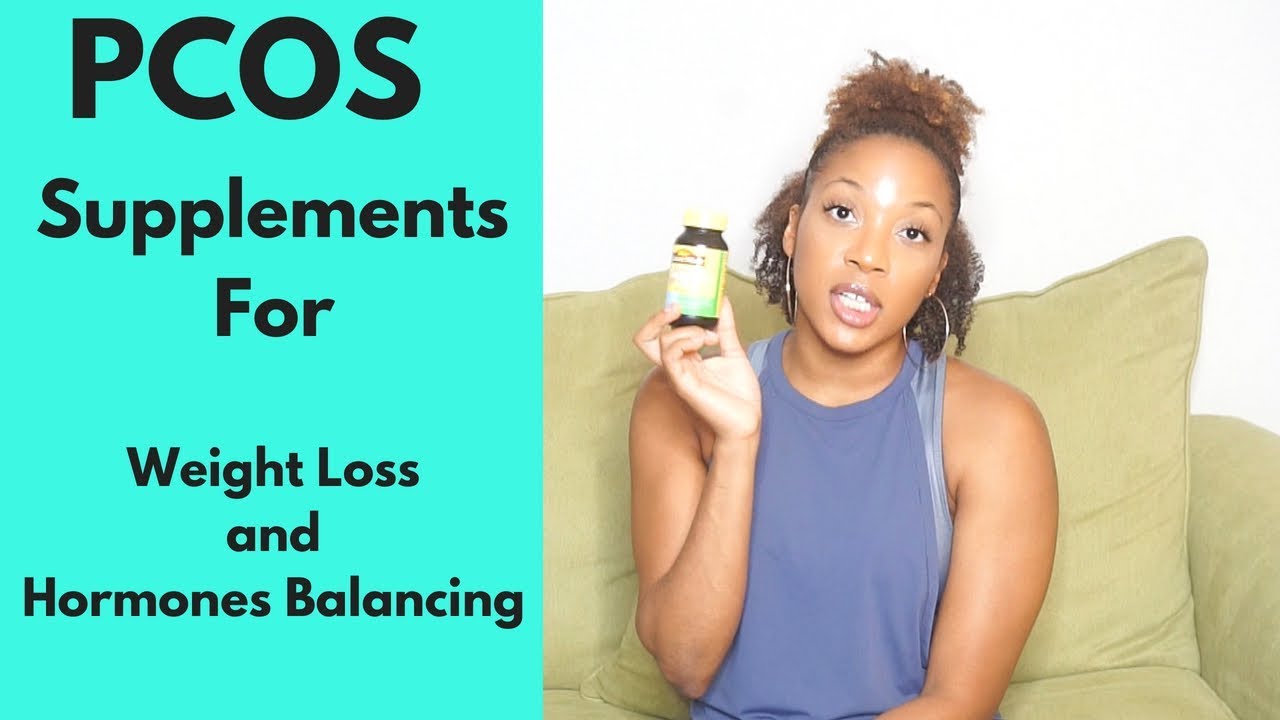The Best PCOS Weight Loss Supplements: 2024’s Top Picks for Effective Weight Management
If you’re one of the millions of women struggling with Polycystic Ovary Syndrome (PCOS), you’re likely looking for effective ways to manage your weight and balance your hormones. The good news is that certain PCOS weight loss supplements can support your journey towards better health. But which ones are best? In this article, we’ll explore the top supplements for PCOS weight loss in 2024, backed by expert opinions and research, to help you make informed choices. Are you ready to discover which PCOS weight loss supplements could help you achieve your health goals?

What is PCOS and Its Impact on Weight
PCOS affects millions of women worldwide, leading to hormonal imbalances that often result in weight gain. Weight gain in women with PCOS can also exacerbate other symptoms such as irregular periods, acne, and excessive hair growth. This creates a vicious cycle where weight gain leads to more severe symptoms, further complicating weight loss efforts. For many women, lifestyle changes alone may not suffice, which is where PCOS weight loss supplements come into play. These supplements can provide the support needed to combat the hormonal imbalances that make losing weight so challenging.
The Role of Supplements in Managing PCOS
There are several PCOS weight loss supplements that have shown promise in research and practice. These supplements can help address issues such as insulin resistance, inflammation, and hormonal imbalances. Below, we’ll dive into some of the top supplements that have been effective for women with PCOS:
-
Inositol: A type of B-vitamin, inositol has been found to help improve insulin sensitivity, which is often impaired in women with PCOS. Improved insulin sensitivity can lead to more effective weight loss.
-
Berberine: An herbal supplement, berberine has been shown to help regulate blood sugar levels and reduce insulin resistance, which is key for weight management in women with PCOS.
-
Omega-3 Fatty Acids: Omega-3s have anti-inflammatory properties that can help reduce inflammation and support overall hormone balance, making it easier to manage weight.
-
Vitamin D: Many women with PCOS are deficient in vitamin D, which is essential for hormone regulation and metabolism. Supplementing with vitamin D can improve overall well-being and support weight loss efforts.
Expert Recommendations for Using PCOS Weight Loss Supplements
When considering PCOS weight loss supplements, it’s essential to consult with a healthcare provider to determine the best approach. Dr. Angela Grassi, author of “The PCOS Nutrition Center Handbook,” suggests that “Before starting any supplement regimen, women with PCOS should understand their individual health status and identify specific areas for improvement.” A healthcare professional can help tailor your supplement choices to your unique needs, maximizing the benefits while minimizing potential risks.

Potential Side Effects and Considerations
While many PCOS weight loss supplements can be beneficial, it’s essential to be mindful of potential side effects. For instance, high doses of inositol may cause gastrointestinal distress in some individuals. As noted by Dr. Maura McCarthy, a fertility and nutrition expert, “It’s crucial to start with lower doses and build up gradually while monitoring how your body responds.” Always approach supplements with caution, and be sure to listen to your body and consult with your healthcare provider if you experience any adverse effects.
How to Choose the Right Supplements for You
Choosing the right supplements for managing PCOS and weight loss can be overwhelming, especially with the wide range of options available. To simplify your decision, consider the following steps:
-
Consult a Healthcare Provider: Get a thorough evaluation of your hormonal and metabolic health.
-
Identify Key Areas of Imbalance: Supplements like inositol or berberine might be more suitable if you struggle with insulin resistance, while omega-3s and vitamin D can be helpful for inflammation and hormone regulation.
-
Start Small: Begin with lower doses to ensure your body tolerates the supplements well before gradually increasing them.
Integrating Supplements with Lifestyle Changes
Supplements are most effective when used in conjunction with healthy lifestyle changes. Exercise, stress management, and a nutrient-rich diet play crucial roles in managing PCOS. Consider incorporating activities like yoga or walking, which help reduce stress and support weight loss. Pairing these efforts with supplements such as inositol or omega-3s can create a more comprehensive approach to weight management.
Success Stories: Women Who Have Benefited from PCOS Supplements
Many women have found significant relief from PCOS symptoms through targeted supplementation. One such story is that of Jessica, who struggled with weight gain and irregular periods for years. After consulting her doctor, she began taking inositol and omega-3 supplements, paired with regular exercise and a balanced diet. “Within six months, I noticed my periods becoming more regular, and I was finally able to lose weight consistently,” she shares. Stories like Jessica’s are a testament to the power of a personalized approach that includes both supplements and lifestyle changes.
Final Thoughts
Navigating PCOS and its associated weight challenges can be daunting, but the right PCOS weight loss supplements can provide essential support. From inositol and berberine to vitamin D and omega-3 fatty acids, these nutrients can help address the hormonal imbalances that contribute to weight gain in women with PCOS. Always consult with healthcare professionals before starting any supplements, and combine them with a balanced diet and lifestyle changes for best results. With the right approach, you can unlock your path to a healthier weight and improved quality of life in 2024 and beyond.
Related Topics You May Find Useful
-
“Natural Ways to Balance Hormones for PCOS Management”
-
“The Best Diets for Women with PCOS: What Works and Why”
-
“How Exercise Can Improve PCOS Symptoms and Support Weight Loss”

